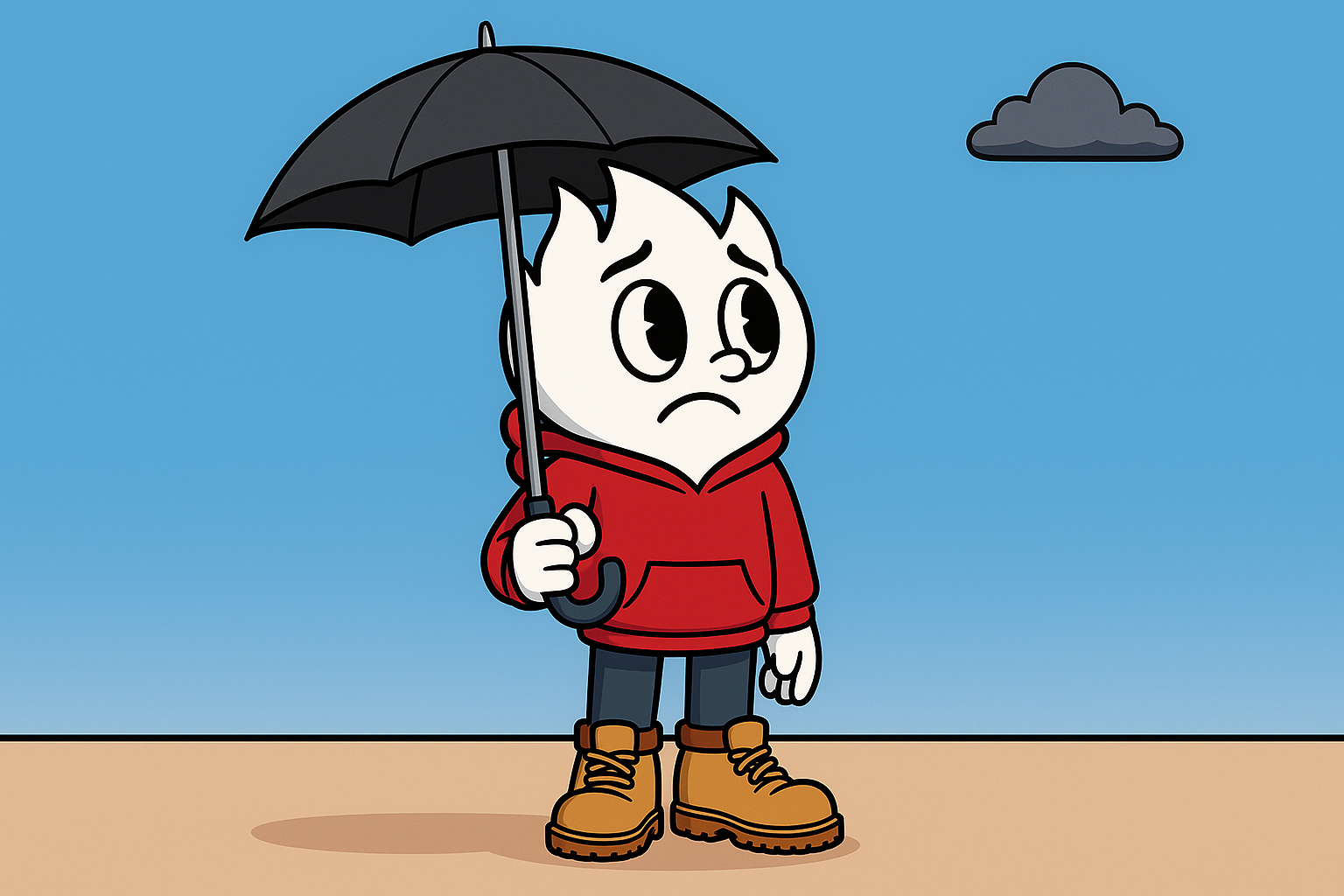Public Teaser: But Did You Die?
The Politics of Almost-Harm and the People Forced to Carry It
People love to defuse a crisis with that old line: “But did you die?” It’s meant to be funny. A shrug. A reminder that things “worked out.”
But in politics, the harm doesn’t wait for the outcome. The harm starts with the threat.
Every few months we’re shoved into another manufactured panic. A funding cliff. A court case. A last-minute vote that determines whether millions lose health care or food assistance or basic rights. For most Americans, politics isn’t a debate stage. It’s a storm siren.
And when you live under that siren long enough, something changes. Your body responds. Sleep gets worse. Stress climbs. People hoard medications. People delay appointments. People refresh news alerts like the sky might fall.
Even if the danger passes, the fear doesn’t.
The empty chamber still terrifies you
The metaphor that fits our political reality is Russian Roulette. Not because the gun fires, but because the cylinder keeps spinning. The click becomes its own trauma. You can know the chamber is empty and still brace for impact, because you’ve been conditioned to.
This is what political brinkmanship does.
It makes survival feel like luck.
It makes people feel disposable.
You don’t forget the week you spent calculating whether you could afford insulin. Or the month you wondered if your kid’s therapy would still exist. Or the time your state debated whether your rights were negotiable.
The crisis doesn’t need to land to do damage. The anticipation is enough.
And the "opposition party" isn’t helping
A functioning opposition is supposed to provide stability. It’s supposed to reassure people that rights aren’t up for grabs and safety nets won’t evaporate. But when the opposition is scattered or passive or more afraid of looking impolite than losing lives, every policy becomes a coin flip.
That’s why marginalized communities carry the heaviest psychological load. They don’t get the luxury of political optimism. They get the countdown clock.
Media loves the crisis, not the aftermath
News coverage amplifies the panic. Big graphics. Urgent panels. Breaking alerts. Then, when the crisis is resolved, the story disappears.
What never gets covered is the aftermath: the people who lived in fear for days or weeks while waiting for Congress or the courts to decide their fate.
That silence creates the lie that “no harm was done.”
When in reality, millions absorbed stress that will follow them long after the headline fades.
The bigger issue
Political threats are not harmless just because they don’t materialize. Stability is a basic human need. Predictability is a basic human need. A society is failing when people feel lucky to simply not be harmed.
Survival is not the standard for a functioning democracy.
If you want the deeper dive into how political brinkmanship functions like psychological violence, how cycles of uncertainty leave real scars, and why “almost harmed” is still harm, read the full essay:
Full post: https://endofaspecies.com/extinction-files/but-did-you-die
This one matters. If you’ve ever felt the weight of the political “almost,” this is your piece.


